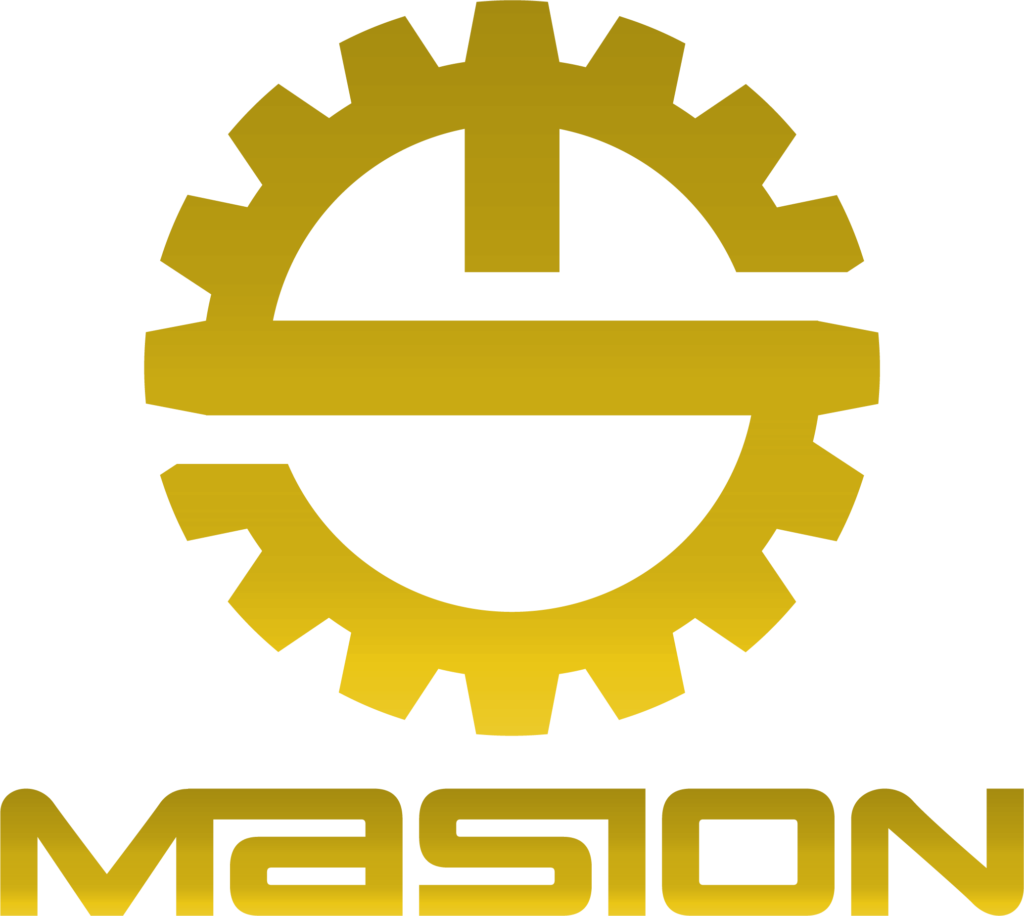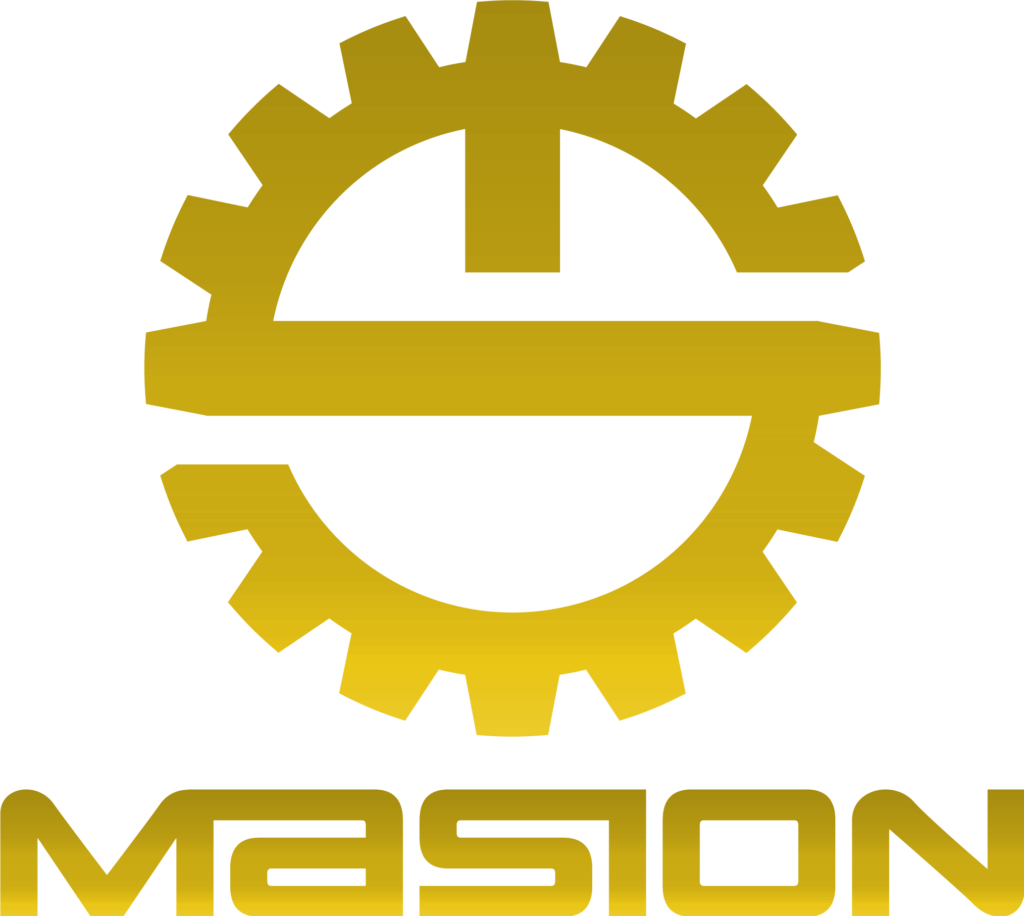Swiss CNC Shaft
Swiss CNC Shaft
Swiss CNC shaft,CNC machining shafts manufacturer in China.
MOQ Starts from 1pcs.
As a specialized Swiss CNC shaft, and CNC machining shafts manufacturer, Masion provides high-quality customSwiss CNC shaftservices to customers with outstanding production advantages, advanced technological capabilities, and professional solution offerings.

Masion Capability
High Capacity, Proper Price
5000pcs production capacity per month make the price lower.
Free Samples, Low MOQ
1pcs MOQ make you order flexibly with one free sample for you testing.
Certified Factory, Guaranteed Quality
ISO9001:2008 and strictly 100% inspection guarantee quality and CMM inspection equipment.
High precision, thick gold
With 0.05mm tolerance and with different surface finishing.
Our Products

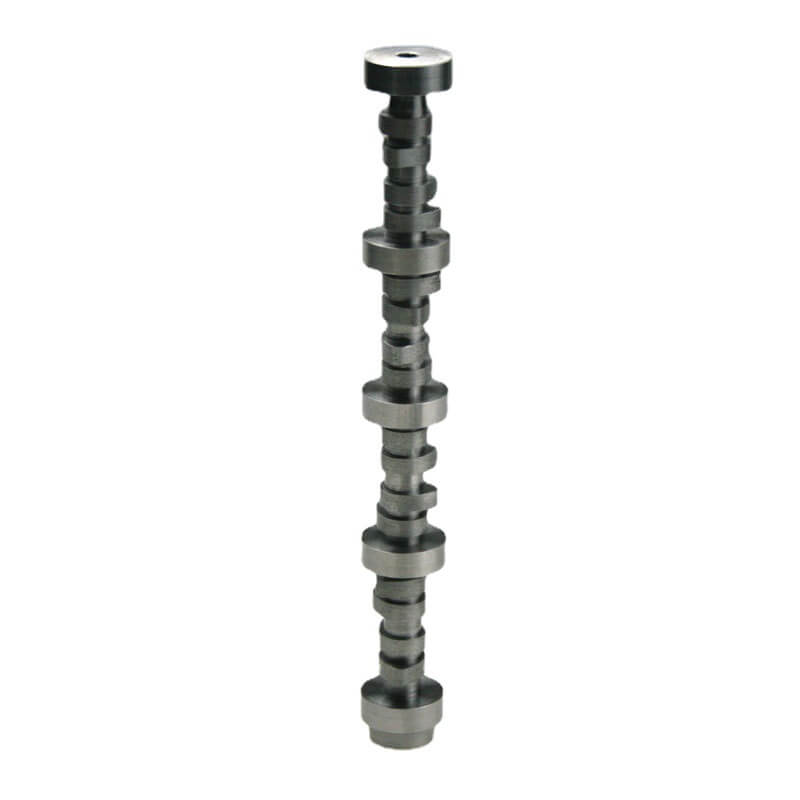

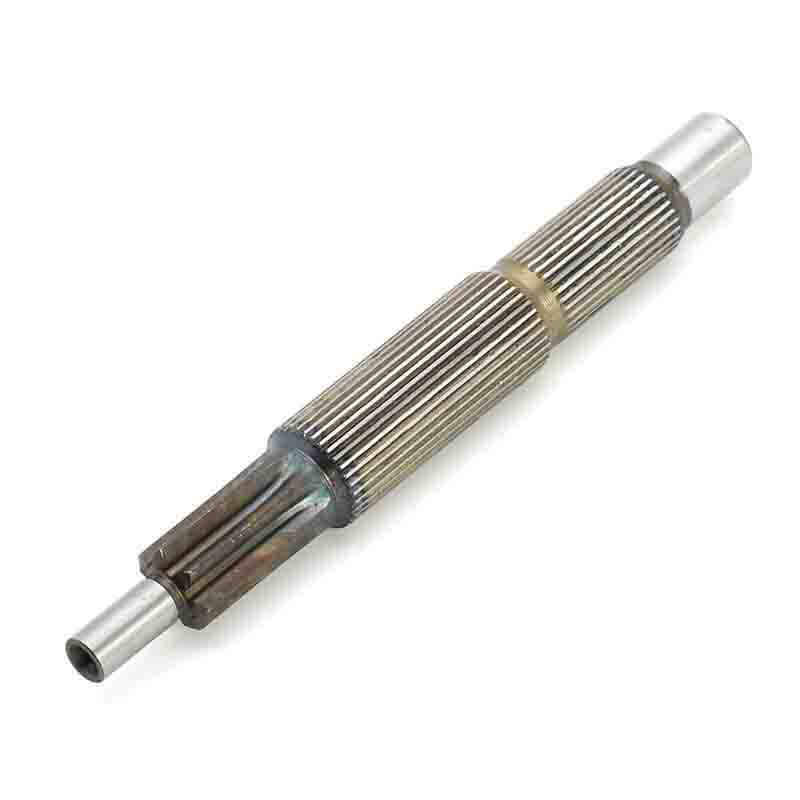
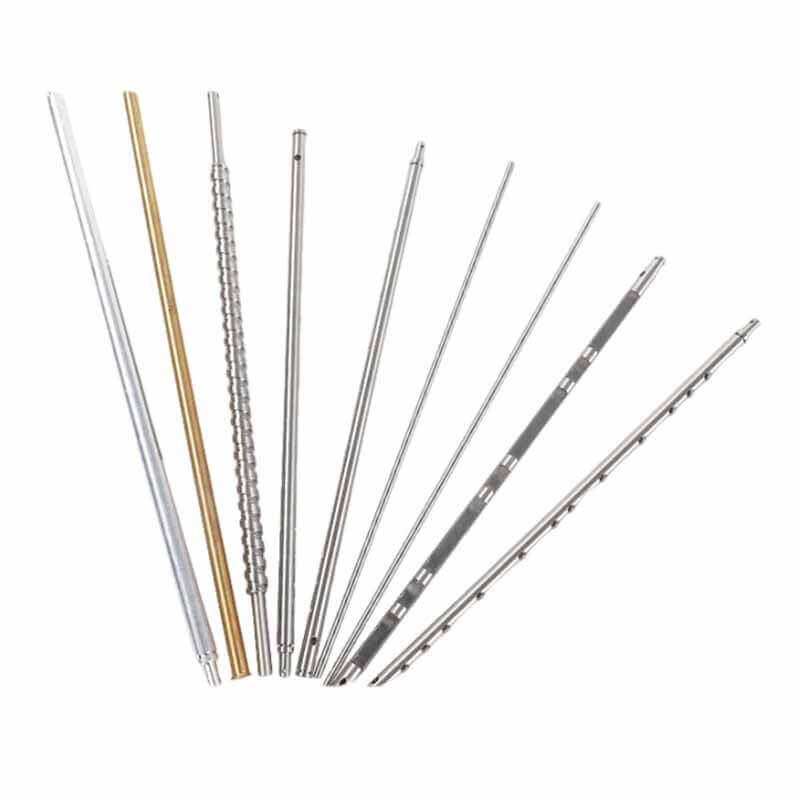

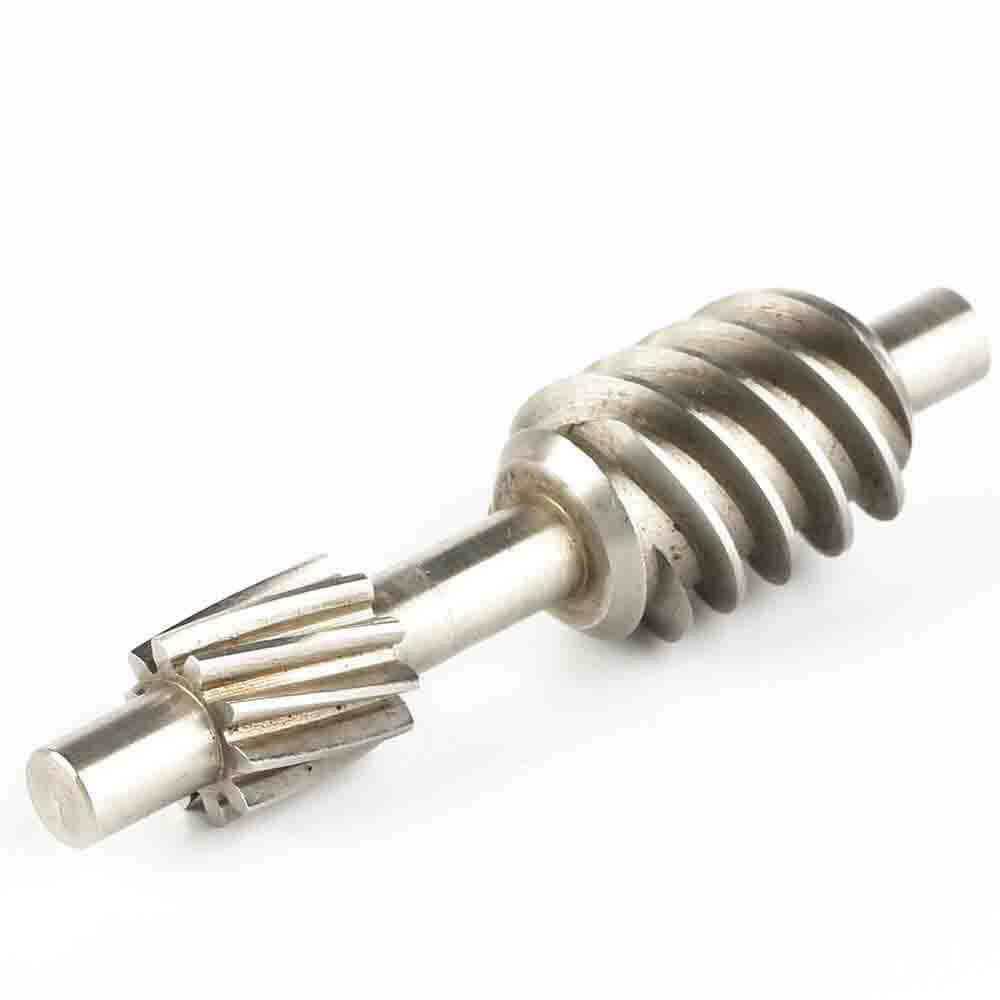

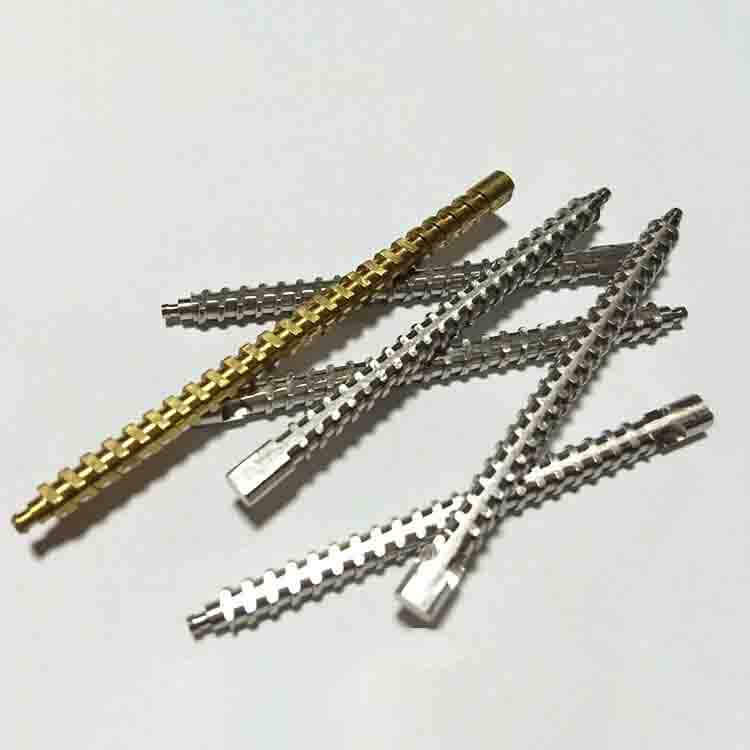
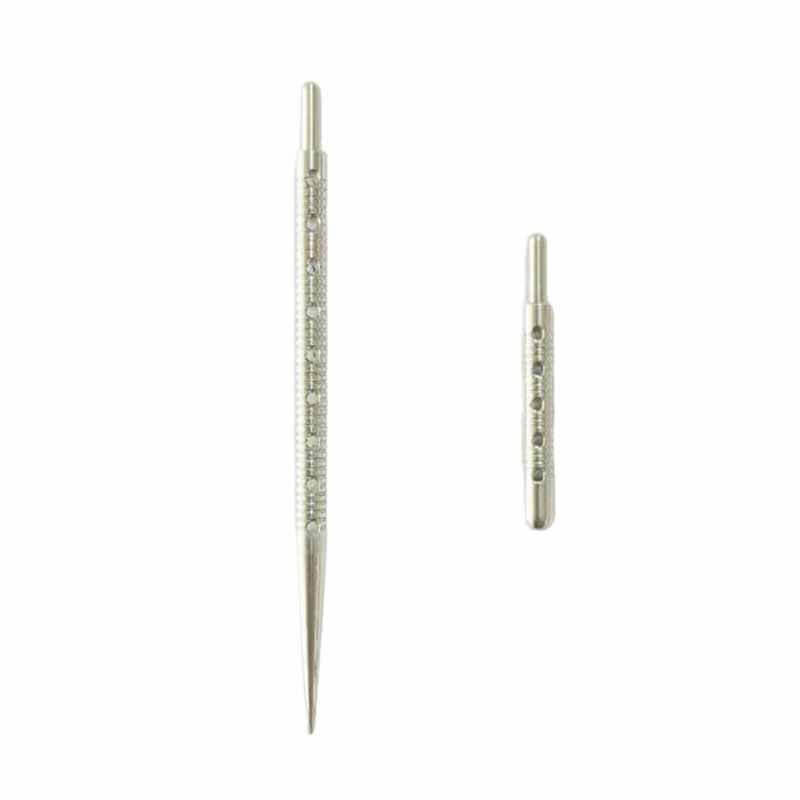
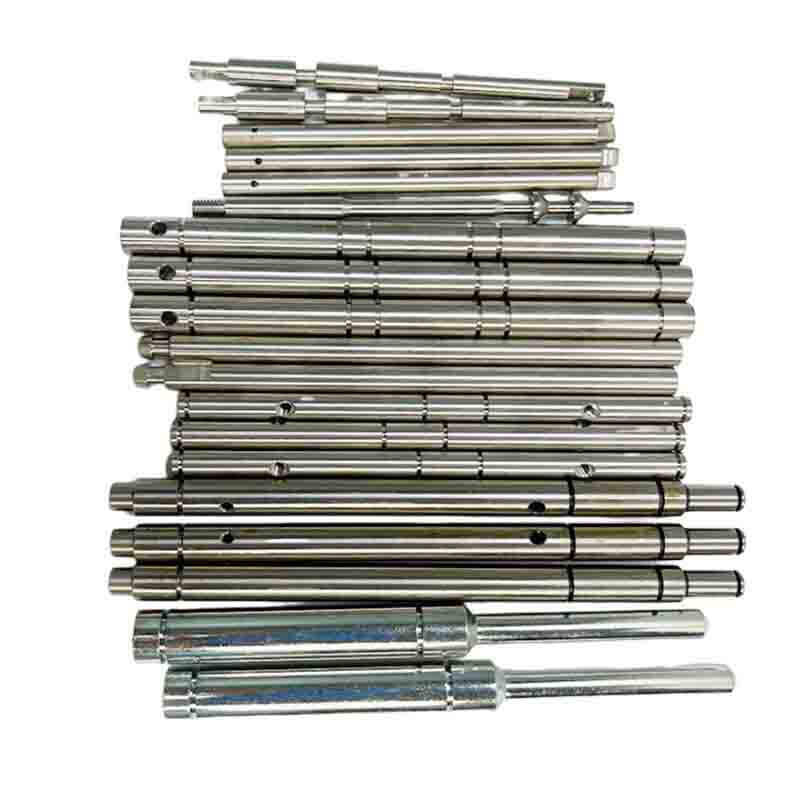
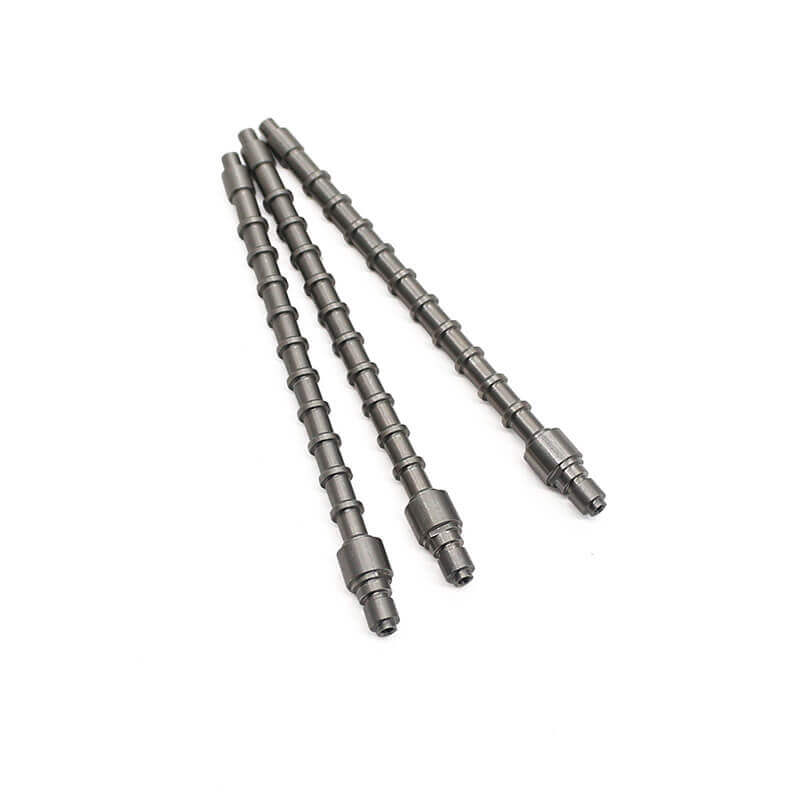
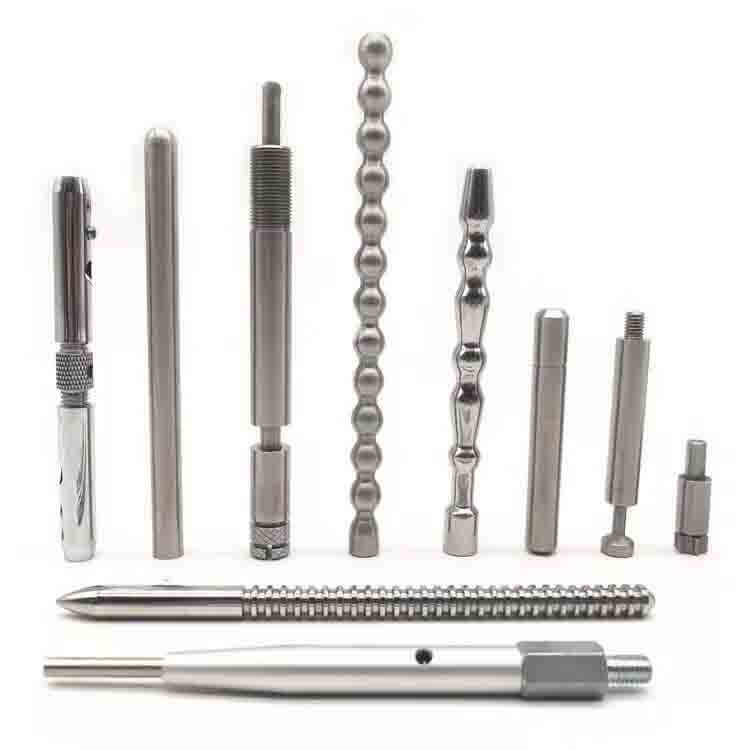
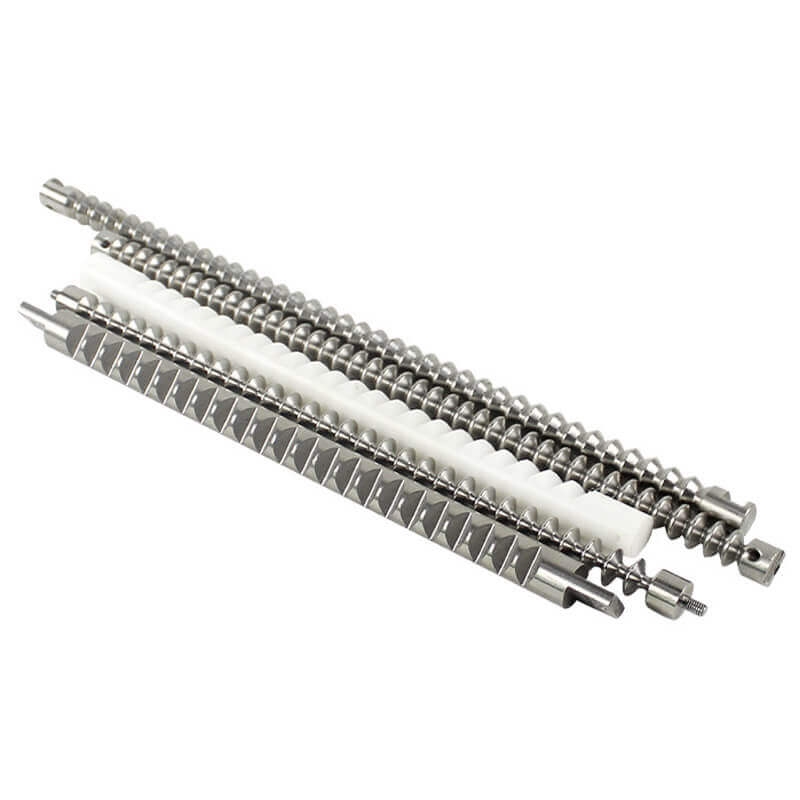
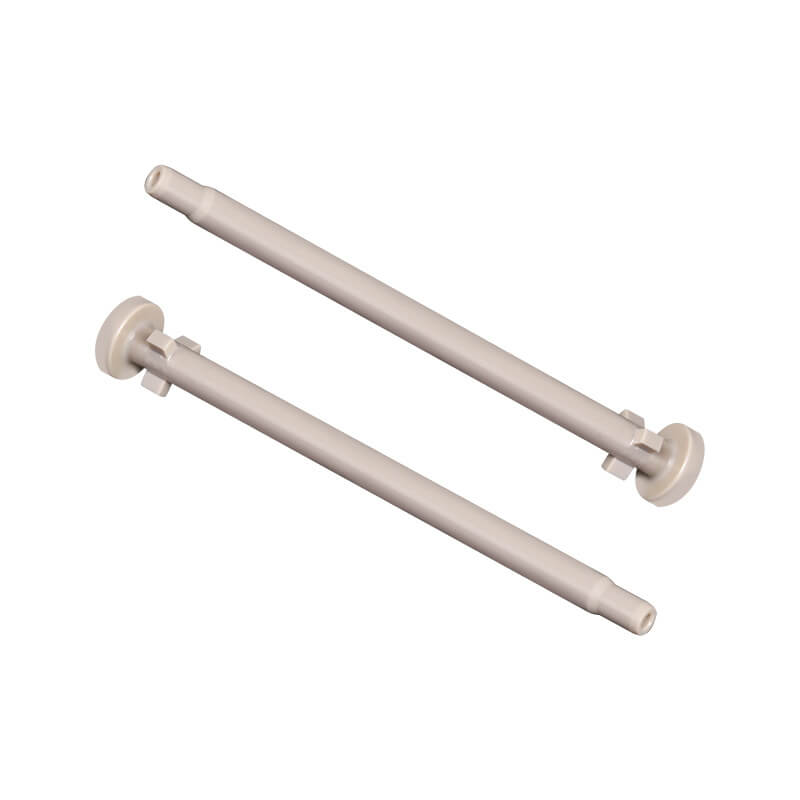
What Sets Us Apart

Strong Experience
With 16 years of Swiss Lathe Parts machining expertise, we focus on high-quality, customized solutions for different Swiss Lathe Parts demands.

Advanced Imported Machine
30 sets precision imported Japanese Citizen Swiss CNC Lathe with mature and stable manufacturing processes with technical machinist and engineer.

Surprised Price
Stockpiling a large amount of conventional materials and having a mature production process can reduce the overall price by 5%.

24/7 Engineering Support
Masion is specializing in offering 24/7 engineering support, design services, cost reduction, quality assurance, and smooth product transitionsunparalleled excellence etc.
Swiss CNC Machining Shafts Manufacturing Process

Raw Material
Swiss CNC Shaft Machining
- Milling
- Turning
- Drilling
- Threading
- Cutting
- Counter Sinking
- Boring
- Knurling
- Grooving
- Taper
- Turning
- Tapping
- Reaming
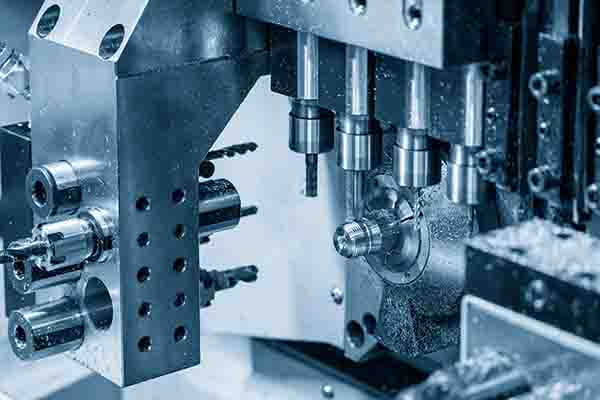
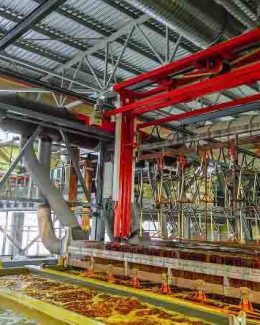
Surface Finish
Packing
- For shafts with general packaging requirements, we will use cardboard to separate, and then use cartons to pack,
- For shafts with very high packaging requirements, we will package the products individually, using ziplock bags, or foam bags, or pearl cotton bags, or blister box and then separate with cardboard, and finally use carton packaging.

- For some very large shafts, we generally use wooden cases, first pack the products, and then use wooden cases to pack to prevent product damage.

Quality Control (Testing)
- Masion conduct material inspections to ensure the shafts correctness.
- Masion perform initial inspections on the first samples; production proceeds only if the dimensional inspection is passed, with adjustments made if necessary for non-compliance.
- Masion conduct sample inspections on the manufactured products to ensure compliance with the dimensional requirements specified in the drawings.
Application Area
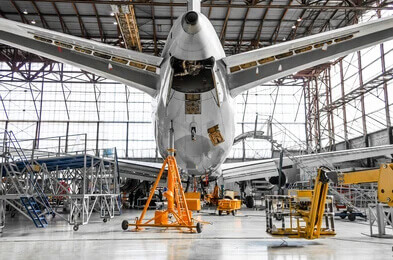



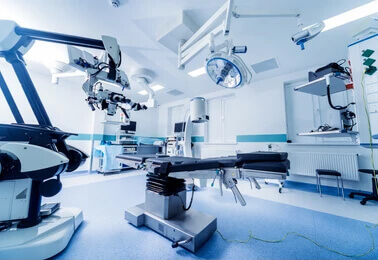

Swiss lathe CNC machining shafts FAQs
Swiss lathe CNC machining, often referred to as Swiss machining or Swiss turning(lathing), is a specialized form of precision machining used for the production of small, complex parts such as shafts. Here’s an overview and a comparison with traditional machining:
Swiss Lathe CNC Machining:
Design and Operation:
Swiss lathes are designed to hold and accurately machine small-diameter parts with high precision.
These lathes feature a sliding headstock and a guide bushing, which provides support close to the cutting tool.
Material Feed:
The workpiece is typically fed through a guide bushing, which helps reduce vibration and enables high-precision machining.
Tooling:
Swiss lathes often use multiple tools simultaneously, allowing for the simultaneous machining of different features on the part.
The tools can approach the workpiece from multiple angles, offering versatility in machining complex geometries.
Long, Slender Parts:
Well-suited for machining long and slender parts, such as shafts, due to the guide bushing providing support along the length.
High Precision:
Swiss lathe CNC machining is known for its exceptional precision, making it suitable for applications where tight tolerances are critical.
Traditional Machining for Shafts:
Design and Operation:
Traditional machining methods, such as turning on a conventional lathe, involve holding the workpiece between centers or in a chuck.
Machining is typically done using a single cutting tool.
Material Feed:
The workpiece is fed into the cutting tool, and the machining is usually done in a sequential process.
Tooling:
Traditional machining may involve tool changes for different operations, but it may not have the simultaneous multi-tool capabilities of Swiss machining.
Long, Slender Parts:
While traditional methods can handle shafts, Swiss machining is often preferred for longer, slender parts due to its enhanced support and precision.
Precision:
Precision can be achieved with traditional machining, but Swiss machining excels in producing high-precision components.
Key Differences:
Precision and Complexity:
Swiss lathe CNC machining is specialized for high precision and complex geometries, making it ideal for small, intricate parts like shafts.
Material Waste:
Swiss machining often generates less material waste due to its ability to efficiently machine close to the guide bushing.
Efficiency in High-Volume Production:
Swiss machining is well-suited for high-volume production of small parts, offering efficiency and consistency.
Medical Instrument Shafts:
Components for medical devices often require high precision, and Swiss lathe machining is ideal for crafting small, intricate shafts used in medical instruments.
Automotive Shafts:
Swiss lathe CNC machining is employed for manufacturing precision shafts used in various automotive applications, such as transmission components, axles, and steering system parts.
Aerospace Shafts:
Shafts used in aerospace applications, such as those found in aircraft engines and control systems, often demand high precision and reliability, making Swiss lathe machining a suitable choice.
Electronics and Electrical Shafts:
Small, precise shafts used in electronic devices, sensors, and electrical components can be efficiently produced using Swiss lathe CNC machining.
Watch and Clock Components:
The watchmaking industry relies heavily on Swiss lathe CNC machining for crafting the tiny, intricate shafts found in watches and clocks.
Telecommunications Shafts:
Components for communication devices, networking equipment, and telecommunications systems often involve small, precisely machined shafts.
Industrial Equipment Shafts:
Shafts used in various industrial machinery and equipment, such as pumps, compressors, and manufacturing tools, can be produced with Swiss lathe CNC machining.
Firearms Components:
Some firearm components, including those found in precision firearms, benefit from the high precision and efficiency offered by Swiss lathe CNC machining.
Oil and Gas Industry Shafts:
Components used in the oil and gas industry, such as those found in drilling equipment and pumps, often require precision machining that Swiss lathes can provide.
Custom and Specialized Shafts:
Swiss lathe CNC machining is versatile and can be adapted for the production of custom or specialized shafts used in various applications.
Stainless Steel:
Commonly used in applications where corrosion resistance and strength are crucial, such as medical instruments, automotive components, and aerospace parts.
Aluminum:
Lightweight and often chosen for applications where weight reduction is important, such as in the aerospace and automotive industries.
Brass:
Offers good machinability and corrosion resistance, making it suitable for applications like electrical components and decorative shafts.
Copper:
Used in various electrical and electronic applications due to its excellent conductivity.
Titanium:
Known for its high strength-to-weight ratio and corrosion resistance, making it suitable for aerospace and medical applications.
Plastics:
Certain thermoplastics and thermosetting plastics can be machined using Swiss lathe CNC for applications in electronics, medical devices, and more.
Tool Steels:
Hardened steels are used for applications where durability and wear resistance are critical, such as in industrial machinery.
Alloy Steels:
Different alloy steels can be used depending on the specific requirements of the shaft, such as in automotive or machinery applications.
Exotic Alloys:
Materials like Inconel, Hastelloy, and other exotic alloys are used in extreme environments, such as high-temperature and corrosive conditions.
Bronze:
Offers good wear resistance and is used in applications where friction and durability are important, such as in bushings and bearings.
Yes, Swiss lathe CNC machining is well-suited for handling both short and long shafts efficiently. The design of Swiss lathes allows for effective machining of various lengths, and they are particularly advantageous when it comes to longer, slender workpieces. Here are some key features that enable Swiss lathe CNC machines to handle both short and long shafts efficiently:
Guide Bushing Support:
Swiss lathes typically incorporate a guide bushing that provides support close to the cutting tool. This support is beneficial for machining long, slender shafts, reducing vibration and ensuring precision.
Sliding Headstock:
Swiss lathes feature a sliding headstock, which allows for the movement of the material or bar stock through the machine. This design facilitates the machining of longer workpieces without the need for excessive tool extension.
Minimized Tool Deflection:
The guide bushing and sliding headstock contribute to minimizing tool deflection, even with longer shafts. This is crucial for maintaining accuracy and achieving tight tolerances.
Simultaneous Machining:
Swiss lathe CNC machines can often perform simultaneous machining using multiple tools. This capability is advantageous for increasing efficiency in the production of both short and long shafts.
Material Support and Stability:
The continuous support provided by the guide bushing and the design of the lathe contribute to the stability of the workpiece, reducing the risk of deflection or vibration, particularly in long shafts.
High Precision:
Swiss lathe CNC machining is known for its high precision, making it suitable for applications where tight tolerances are crucial, regardless of the shaft length.
Efficiency in High-Volume Production:
Swiss lathe CNC machines are designed for efficient, high-volume production. This efficiency holds true for both short and long shafts, making them a cost-effective solution for various manufacturing needs.
Diameter Tolerances:
Swiss lathes are capable of achieving very tight diameter tolerances. Depending on the machine and setup, diametric tolerances in the range of ±0.002 mm to ±0.025 mm (0.0002 inches to 0.001 inches) or even tighter can be achieved.
Length Tolerances:
Length tolerances are also precise with Swiss lathe machining. Achievable length tolerances often fall within the range of ±0.025 mm to ±0.1 mm (0.001 inches to 0.004 inches) or better.
Surface Finish:
Swiss lathe CNC machining can produce excellent surface finishes. The achievable surface finishes depend on factors such as tooling, cutting speeds, and material, but finishes in the range of Ra 0.4 micrometers (16 microinches) or better are common.
Concentricity and Runout:
Swiss lathes excel in achieving concentricity and minimizing runout. Tolerances for concentricity and runout can often be within a few micrometers.
Angular Tolerances:
Swiss lathe CNC machines can handle intricate geometries and achieve angular tolerances within tight specifications, often in the range of ±0.1 degrees or better.
Generally, a Swiss lathe equipped with special processes and tools can handle long shafts, with lengths reaching 5 meters or more. Masion, for example, typically CNC machining shafts up to 1 meter in length.
- Cost
There are significant cost differences between lathe machining and Swiss lathe CNC machining. Generally, lathe machining involves simpler equipment and tools compared to Swiss lathe CNC machining. Additionally, the skill level required for lathe machining is lower, resulting in lower overall costs. In contrast, Swiss lathe CNC machining typically requires more advanced equipment and technology, leading to higher costs.
- Precision
In terms of precision, Swiss lathe CNC machining has a clear advantage. It employs advanced CNC technology and cutting tools, enabling high precision and quality machining. Lathe machining relies on the skill and experience of the operator to ensure accuracy, making it sometimes challenging to maintain consistent precision.
III. Production Efficiency
Swiss lathe CNC machining excels in production efficiency compared to lathe machining. Swiss lathe CNC machines use computer programs to control the work, allowing for quick and accurate completion of workpieces. Lathe machining involves manual operation, resulting in much slower speeds and lower production efficiency.
In summary, in terms of cost, lathe machining is generally more economical. However, Swiss lathe CNC machining holds advantages in terms of precision and production efficiency. Therefore, when choosing a machining method, a comprehensive evaluation considering factors such as cost, precision, and production efficiency should be conducted to make an informed decision.
Free Sample
Explore Other Products
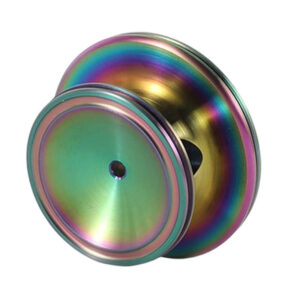
CNC Turning
Stainless Steel stethoscope Chestpiece and another different CNC turning Parts.
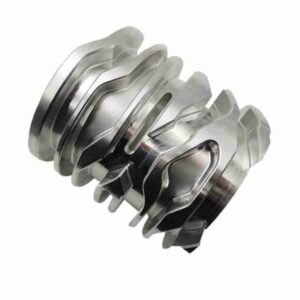
CNC Milling & Turning Combination
Roller shaft,Turn-milling composite processing, 7075 aluminum machining, and another turning and milling CNC machining parts.

Automatic Lathe
Test Pin and other Automatic Lathing Machining Parts such as screws,copper pillar, knob, etc.
